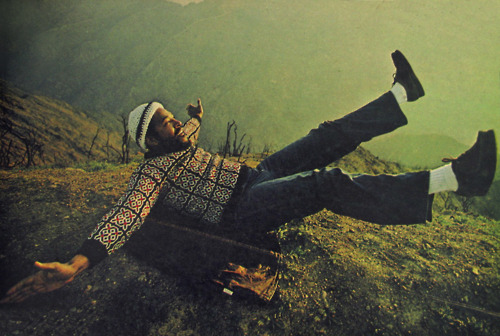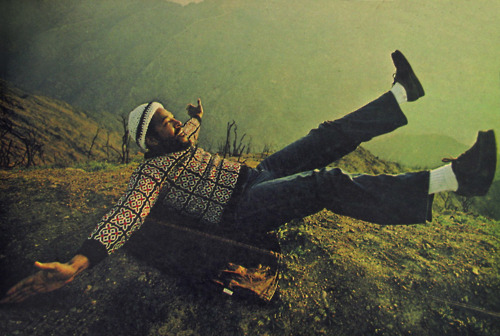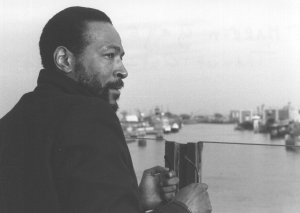

Europe and CBS Records
Under pressure from the IRS, Gaye moved to London to record his 1981 release, In Our Lifetime, which concentrated on his philosophies of love, art, and death. In London, Gaye suffered from depression and continuing substance abuse issues.In 1981, under the advice of music promoter Freddy Cousaert, Gaye relocated to Ostend, Belgium to detox. Gaye stayed in Belgium for nearly two years, walking the lonely, windy beaches, boxing at the local gym, eating in the local bars and praying at the local church. Gaye’s personal attorney Curtis Shaw would later describe Gaye’s Ostend period as “the best thing that ever happened to Marvin”.
 Cousaert hooked Gaye up with local musicians, recording time and business contacts, ultimately helping to extract Gaye from the Motown contract he’d been tied into since the mid 60s and inspiring a burst of creativity.
Cousaert hooked Gaye up with local musicians, recording time and business contacts, ultimately helping to extract Gaye from the Motown contract he’d been tied into since the mid 60s and inspiring a burst of creativity.
On March 23, 1982, Motown and CBS Records negotiated for Gaye to be released from Motown. Assigned to CBS’ Columbia subsidiary, Gaye worked on his first post-Motown album titled Midnight Love.
Like much of Gaye’s later work, it sought to unify the sensual and spiritual. The first single, “Sexual Healing”, was released on September 30, 1982, and became Marvin’s biggest career hit, spending a record ten weeks at #1 on the Soul chart (the biggest R&B hit of the 1980s). The record reached international success, reaching the top spot in New Zealand and Canada and reaching the top-10 in the United Kingdom, later selling over two million copies in the US alone.
The video for the song was shot at Ostend, Belgium’s Casino-Kursaal. “Sexual Healing” won Gaye his first two Grammy Awards including Best Male Vocal Performance, and also won Gaye an American Music Award in the soul/R&B category. Midnight Love became Gaye’s eighth number-one album on the Top Soul LPs chart, eventually selling over six million copies worldwide, three million alone in the United States.
In 1983, at the NBA All-Star Game, Marvin Gaye stole the show with his singular rendition of “The Star-Spangled Banner.” At the time, singing the anthem was for the most part a straightforward job — shoulders square, sing it straight like the hymn that it is. But for this game, Gaye took the anthem to a new level.
